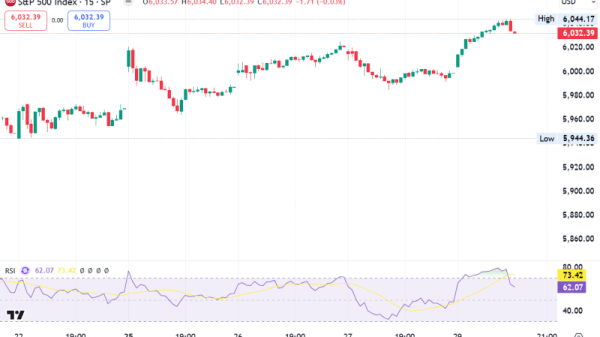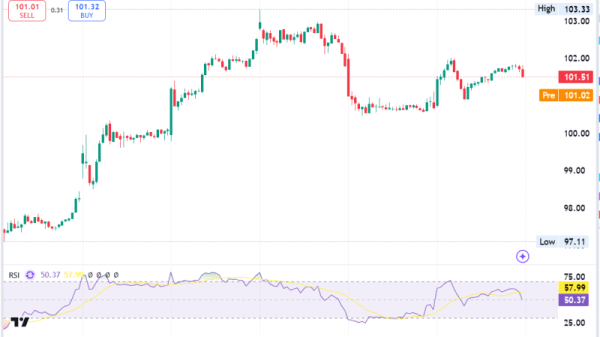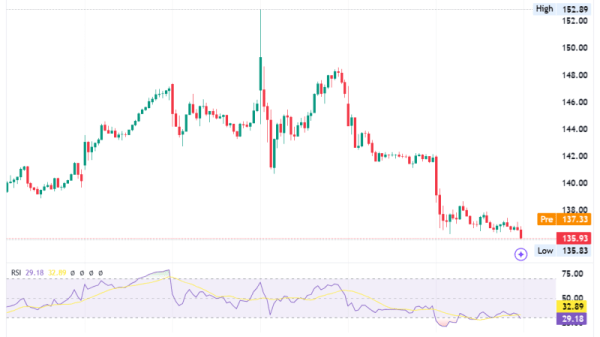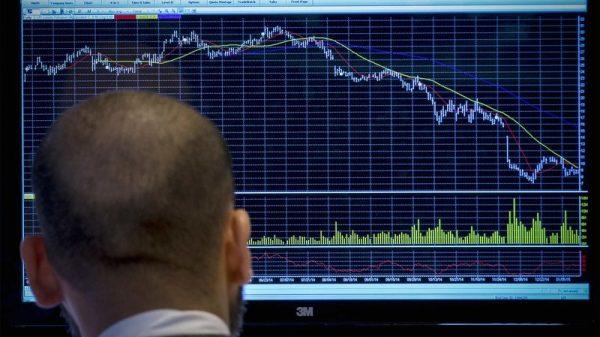Investing.com — The UK economy is expected to feel the ripple effects of new trade tariffs proposed by U.S. President-elect Donald Trump, even if it avoids being directly targeted, analysts at UBS have warned.
While the brunt of potential tariffs is likely to fall on Europe and other major trading partners, the interconnected nature of global trade means Britain’s economy is not immune to the fallout.
As per UBS’ note, the UK’s relatively small trade surplus with the U.S. in goods—just £2.4 billion in 2023—puts it lower on the priority list for Washington’s tariff targets.
By contrast, the European Union recorded a much larger goods trade surplus of €177 billion with the U.S. in the same year.
This makes the EU a more likely focal point for targeted measures, particularly as U.S. trade policy under Trump is expected to be driven by a desire to reduce bilateral trade deficits.
The UK’s trade position is further buffered by its surplus in services, estimated at nearly £69 billion in 2023. Services, unlike goods, are not expected to be subjected to new tariffs, offering some economic insulation.
Yet, as UBS analysts flag, this relative immunity does not shield the UK from the broader economic consequences of a tariff-driven slowdown in global trade.
Even if the UK avoids direct tariffs, it remains deeply tied to the fortunes of its trading partners. The EU, which remains Britain’s largest trading partner post-Brexit, could see a hit to its economy if U.S. tariffs are imposed on European goods.
Such a slowdown would inevitably affect UK exports to the EU and other regions, creating indirect economic pressures. UBS warns that as a “small, open economy,” the UK is particularly exposed to shifts in global trade dynamics.
While trade relations between the UK and U.S. have generally been strong, with minimal trade imbalances compared to other blocs, UBS analysts caution against complacency.
They argue that the broader uncertainty surrounding U.S. trade policies could still affect business sentiment and investment decisions in the UK, even if tariffs do not directly impact British goods.
The analysts suggest that while tariffs may not rank high on the list of immediate concerns for the UK economy, their knock-on effects could add to the challenges Britain faces in navigating a fragile global economic landscape.
For now, the UK’s focus remains on mitigating the secondary impacts of trade policy shifts, while continuing to leverage its strengths in the services sector to bolster economic resilience.





































